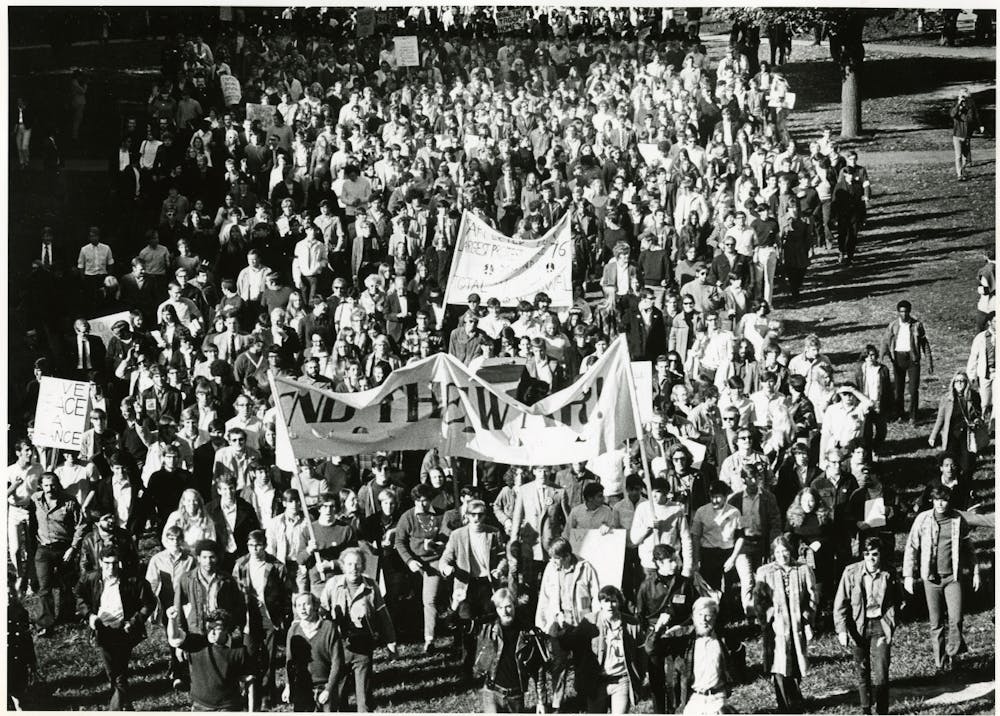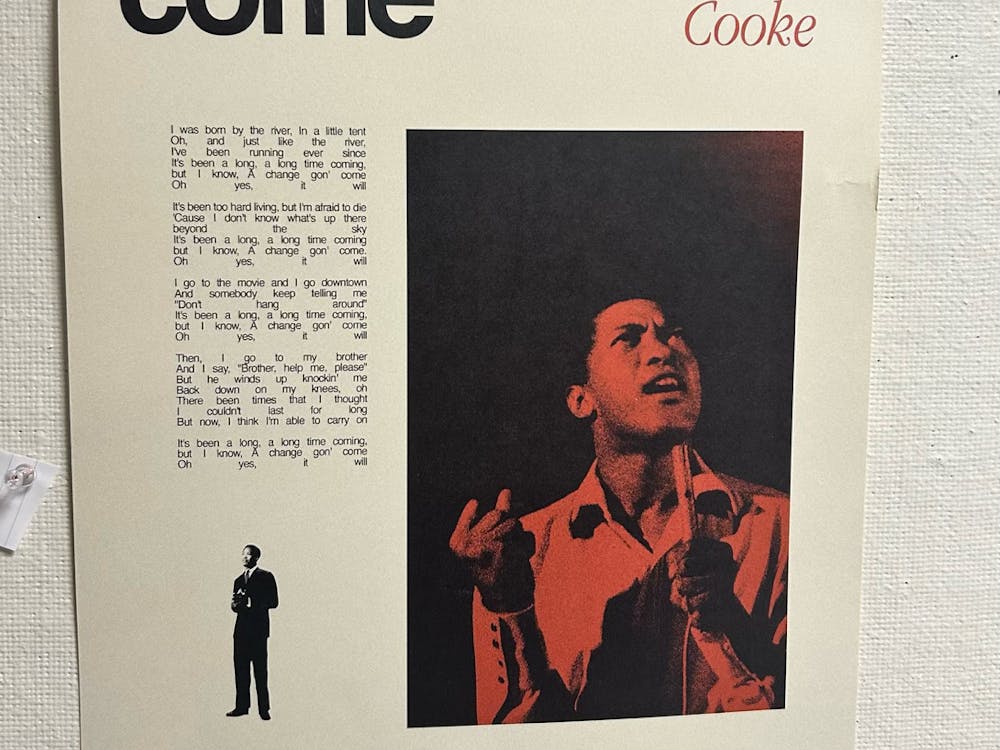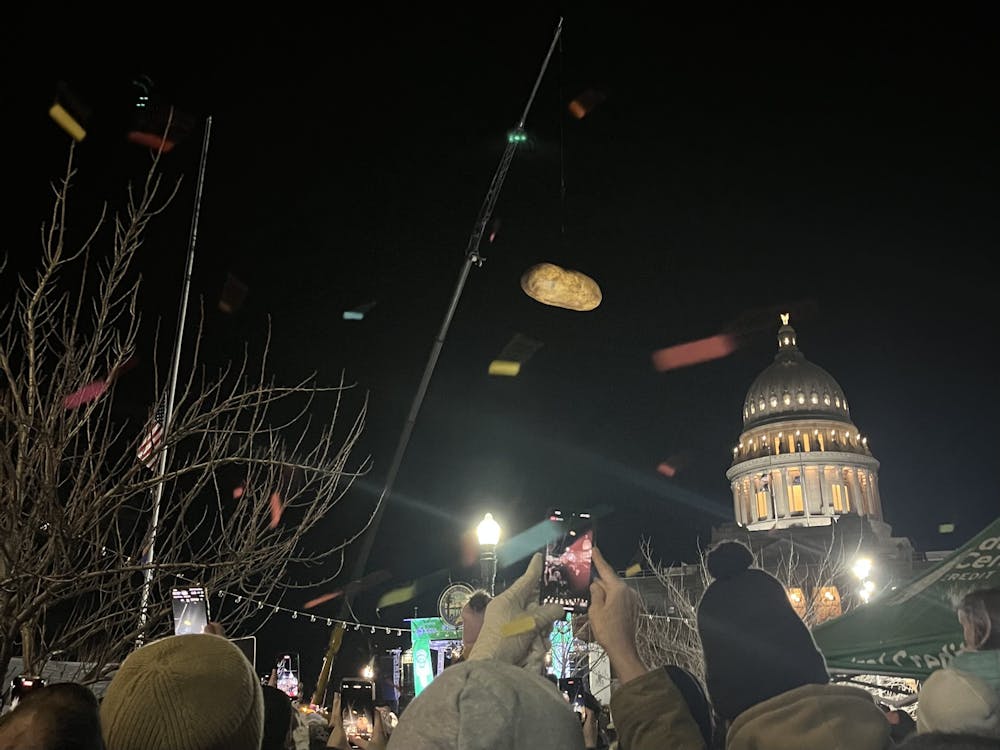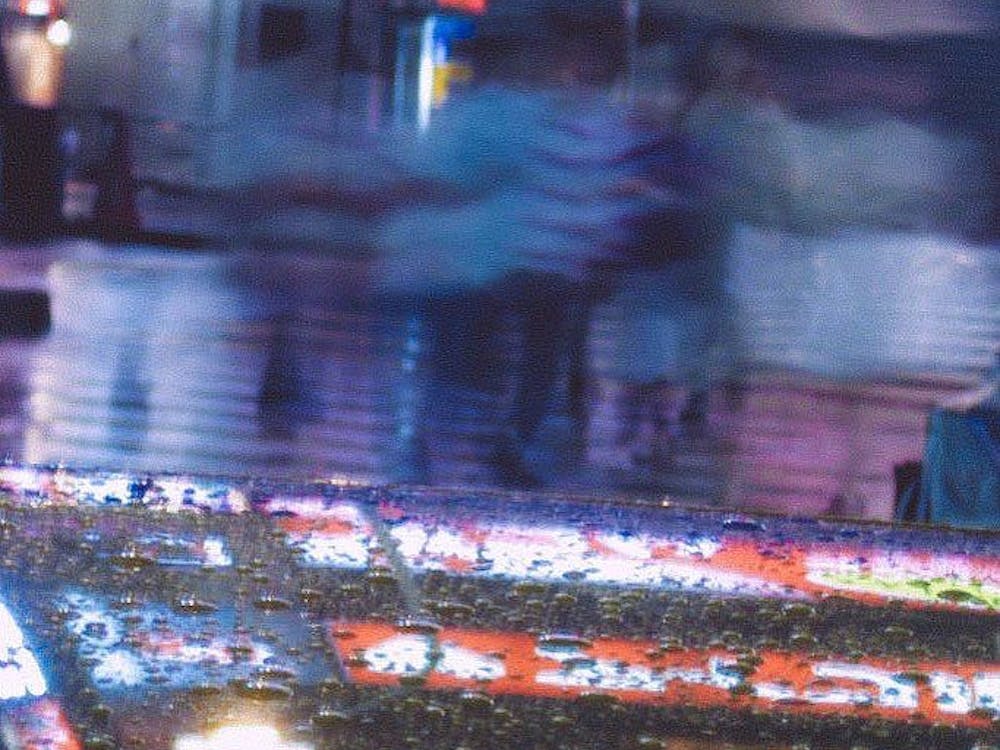More than 200 students and demonstrators surrounded Homewood House (now known as Homewood Museum) in protest of military recruiting on campus on April 17, 1970. The protest occurred following the events on April 16, where 40 activists blocked the entrance to Levering Hall to protest the U.S. Marine Corps recruiters inside.
University President Lincoln Gordon addressed protesters twice that day: once to promise a referendum and once to warn against a takeover. A court injunction limiting protest was issued on the same day, banning any meetings or speeches that would interfere with the normal operations of the University. Following the injunction, demonstrators began a weekend-long vigil near the library.
Gordon promised to revoke the injunction if protesters agreed to his proposed referendum. Students rejected Gordon’s proposal on three grounds, according to an article published in an April 20, 1970 edition of The News-Letter.
“1. one cannot determine the rightness or wrongness of a moral issue by voting; 2. Gordon is trying to stall the issue until the exam period through the convocation and referendum commission; 3. Gordon is using democracy as a weapon,” the article read.
An April 24, 1970 edition of The News-Letter published an article titled “Strike Suspended After President Gordon Concedes Question of Military Recruiting” that detailed the presidential response that eventually concluded the strike on April 23. An agreement was reached during a meeting between 10 strikers, the dean-designate and two vice presidents.
The agreement suspended military recruiting on campus unless 10% of the student body petitioned for a referendum on military recruitment before May 1, 1970. If no referendum was held before May 1, then military recruiting would be permanently banned on campus.
However, many protesters remained unsatisfied. On April 24, the Strike Committee presented new negotiations, some of which requested an end to classified research at the Applied Physics Laboratory (APL).
Student opposition to research conducted at APL was not new. The News-Letter issued an article titled “Homewood Students Mount Attack on APL” on Feb. 27, 1970. The article highlighted the student organizers’ desire for APL to shift its research priorities.
Student organizer Jim Keogh discussed the importance of changing APL’s priorities in the article.
“In a society where transportation has broken down and there’s a crisis in pollution, in housing and a crisis in people, we should be meeting the needs of our society,” he said. “We don’t want to gloss over the fact that every conscientious citizen has to be concerned with APL’s prostitution of science in the war against Vietnam.”
The debate over on-campus military recruiting concluded on May 1, with The News-Letter calling the voting “the largest and closest campus vote in memory.” Of 2330 cast ballots, 1183 voted “no” and 1121 people voted “yes” to the question “Do you want military recruitment to be reinstituted on this campus?”
U.S. President Richard Nixon announced the expansion of the Vietnam War into Cambodia on April 30, 1970. Nearly 900 campuses across the U.S. participated in strikes following this decision, including Hopkins. On May 6, 1970, The News-Letter released an article titled “Classes Cancelled for Cambodian Discussion; New Mobe Calls for Capital Rally Saturday.”
The article described debates over the University’s role in the national crisis. Students requested relief from academic burdens, including final examinations.
According to the article, Gordon declined any official closing of the University; however, he did cosign a letter to President Nixon requesting a discussion of the invasion with other university and college presidents.
“We implore you to consider the incalculable dangers of an unprecedented alienation of America’s youth and to take immediate action to demonstrate unequivocally your determination to end the war quickly,” the letter read. “We urgently request the opportunity to discuss these problems with you directly.”
The article also detailed plans to block North Charles Street to illustrate demonstrators’ adamancy to stop the war as well as plans to walk on the White House on May 9.
On May 9, more than 60,000 people went to Washington, D.C. to protest the Kent State University shootings and the incursion into Cambodia. Protesters marched in the National Mall in front of the Capitol, but the White House was surrounded by busses to prevent demonstrators from getting too close.
U.S. involvement in the Vietnam War ceased on March 29, 1973. At the time of withdrawal, many Americans opposed United States’ participation in the war because of the war’s length, the number of casualties and the nation’s involvement in war crimes. Protests may have aided in bringing these issues to the fore.





